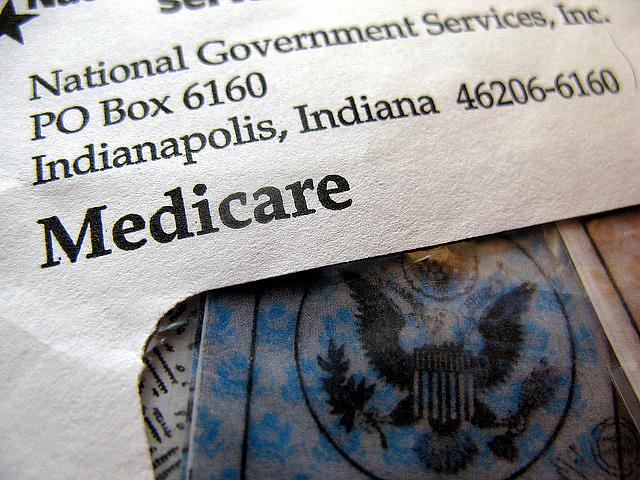Medicare tries to improve health care by paying for quality

It barely rated a mention by many news outlets yesterday, but Medicare made a huge step forward this week in announcing that it would no longer pay for health care without taking into account whether the care was any good.
Imagine that you opened up a taco truck and started selling tacos. They taste OK. No better than the taco truck across the street, but your biggest customer buys most of them, no matter what. Sometimes the tacos are just flat out bad, but your customer keeps buying them. Sometimes the tacos are so bad that they make people sick – and even die – but your top customer keeps buying them. What would you do? Open more taco trucks, right?
That’s basically the situation right now with Medicare. It dominates hospital revenues in the U.S., and yet the buyer – the U.S. Department of Health & Human Services – usually pays for health care regardless of the quality. On Monday, the agency announced that it will completely change that model over the next two years – from a system that rewards more transactions to one that values better outcomes. By the end of 2016, 85 percent of Medicare’s hospital payments will go to so-called “value-based” pricing, and that percentage will go up to 90 percent two years later. Today, only about 20 percent of Medicare reimbursements go to value-based care models.
Paul Demko at Modern Healthcare wrote:
It is the first time that the federal agency has set specific goals for overhauling the payment system for standard Medicare beneficiaries, which has traditionally relied on a fee-for-service model. That system has long been criticized for providing economic incentives for providers to offer a greater volume of care regardless of outcomes.
Medicare now wants the tacos from our nation’s health care taco trucks to taste good but also be good for you.
HHS Secretary Sylvia Matthews Burwell said in an agency press release:
Whether you are a patient, a provider, a business, a health plan, or a taxpayer, it is in our common interest to build a health care system that delivers better care, spends health care dollars more wisely and results in healthier people. Today’s announcement is about improving the quality of care we receive when we are sick, while at the same time spending our health care dollars more wisely.
Here’s what’s worth watching as this story unfolds:
1. Will there be so many loopholes that Medicare money will flow through regardless of quality of care? It was interesting to see that the announcement came after Burwell’s meeting in Washington with representatives from some of the country’s biggest companies – Boeing, Verizon, UnitedHealth – and some of the nation’s biggest health care lobbying groups including the American Medical Association and the American Hospital Association. Reporters should pay attention to the top Medicare billers in their area and see how they are affected by these changes over the next two years. If nothing changes, chances are good that this new policy had little effect.
2. How will the progress of health care organizations be tracked and reported? Burwell said in a prepared statement, “We believe these goals can drive transformative change, help us manage and track progress and create accountability for measurable improvement.” The agency collects mountains of data, but it shares only a portion of it with the public, using the rationale that it has to protect patient privacy in some instances. In other instances, as with the National Practitioner Data Bank, it protects the identities of physicians who have had decades of bad patient outcomes. As the new rules kick in, reporters should start requesting information about how the hospitals in their area are being measured and tracked.

